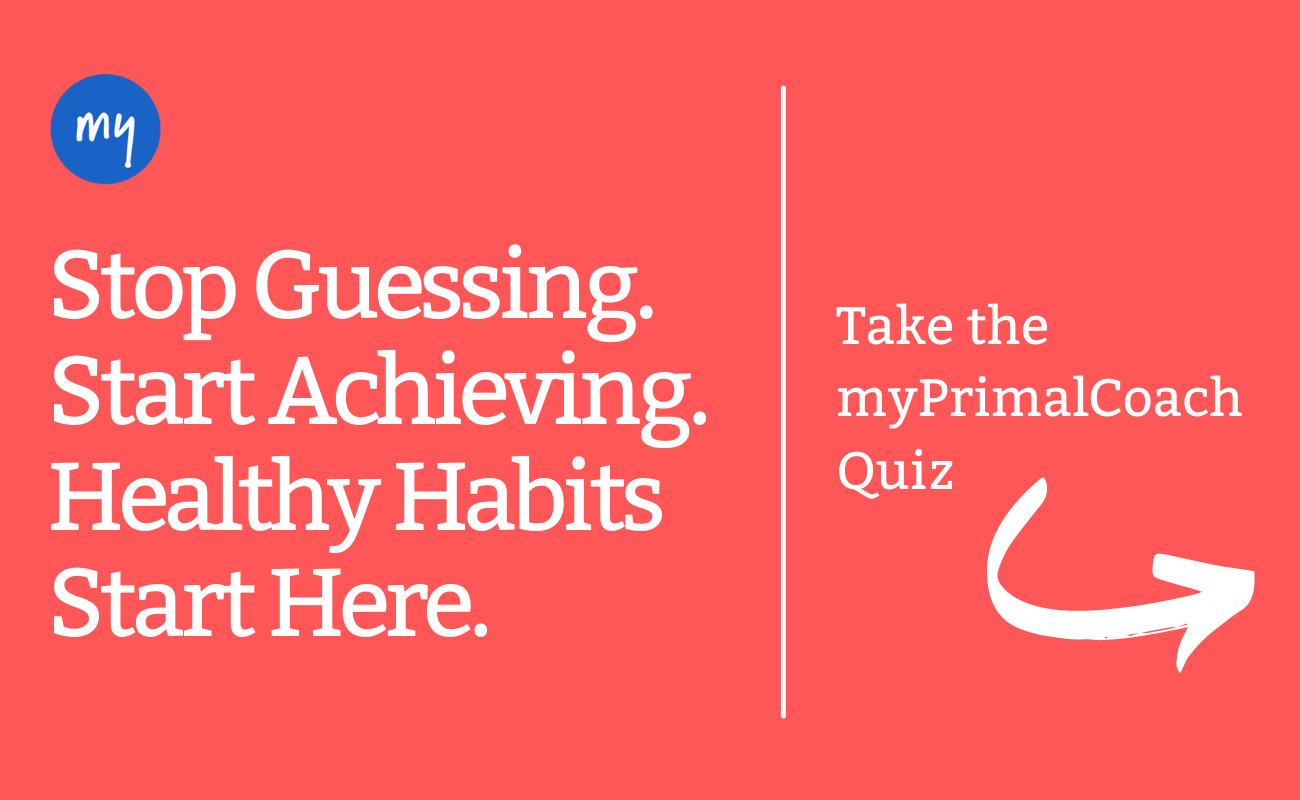Any length of fasting comes with its own advantages. Would you go four days without eating, to experience the 96-hour fast benefits?

Typically, the longer the fast, the greater the benefits you’ll experience. Extending the fasting window to 96 hours offers a handful of bonuses you may not necessarily experience with intermittent fasting or even at the 48- and 60-hour fasting mark. However, a 96-hour fast also comes with some less-than-desirable side effects. Do the pros outweigh the cons? Before you decide to stop your food intake and calorie intake and close your eating window to zero hours for four days, let’s explore those pros and cons.
What Is a 96-Hour Fast?
A 96-hour fast is going four full days without any food. The fast begins whenever you consume your last meal and ends at the first bite at hour 97. A fast of this length is only for people in good health with no existing medical conditions. It’s also for people who have previous fasting experience. If you’ve never fasted for 24 hours or more, jumping into a full four days of no food can lead to serious side effects, including lean mass loss, electrolyte imbalances, and adverse adjustments to important health markers.
6 Powerful 96-Hour Fast Benefits
There is evidence of several health benefits associated with longer fasts. After four days of not eating, fasting health benefits just may be at their peak. The longer you fast, the greater the likelihood of weight loss, fat-burning and fat loss, and more stable blood sugar, but those are not necessarily the most alluring 96-hour fast benefits.
-
Stem Cell Regeneration
Fasting for 96 hours may boost intestinal stem cell regeneration. A study found that prolonged fasting enhanced resistance to stress and toxins and may aid in immune system regulation in addition to reversing age-related decreases in stem cells.
-
Full-on Ketosis
After four consecutive days of consuming no food, your body should be in deep ketosis. Fasting for any length of time offers a jumpstart to the length it will take by just following a keto diet. Ketone levels begin to rise after just 12 to 14 hours of fasting. The amount of time it takes for someone to enter ketosis is highly individualized and depends on several factors, but by the 96-hour mark, most people will be well on their way and deep in.
-
May Offer a Boost for Heart Health
A study showed that prolonged fasting during Ramadan decreased LDL cholesterol (the “bad” cholesterol) and elevated levels of HDL cholesterol (the “good” cholesterol). Research also shows that fasting decreases risk factors for cardiometabolic diseases, such as coronary heart disease, myocardial infarction, and stroke. It may also activate protective measures for these risks. In addition, other studies have demonstrated that water fasting reduces blood pressure and may lower the risk of heart attack and stroke for those with hypertension.
-
Potential Anti-Aging Properties
At the 96-hour mark, the hormone insulin-like growth factor (IGF-1) will decrease. The drop in this hormone can cause an increase in stem cell production, immune cell production, and a reduction in oxidative stress. Lower IGF-1 levels have been linked to anti-aging and cancer-preventing properties.
-
May Enhance Gut Health
A four day fast gives your gut prolonged recovering from digesting food, and may help promote diversity in the microbiome. Fasting increases the proliferation of a specific bacteria, Lachnospiraceae, that is able to survive a fasted state in the gut. This bacteria produces butyrate, which is paramount for managing inflammation and maintaining the health of the intestinal walls, which is crucial for healing leaky gut.
-
Mental Clarity, Improved Mood, and Better Brain Function
Many people report experiencing significantly more mental clarity and focus when in a fasted state compared to a non-fasted state. A study on the effects of just 72 hours of fasting on brain health found that mood scores significantly increased in the participants who fasted compared to the control group. In addition, during long-term fasting, your brain begins to function better, which may prevent Alzheimer’s and Parkinson’s disease. In an animal trial, cognitive performance improved after a longer fasting period.
Possible Side Effects of a 96-Hour Fast
By four days of no food, the typical side effects of shorter fasts will probably be more pronounced. There is a greater chance of nutrient deficiency, so nutrient-dense foods and protein are important when you resume consuming whole foods.
Dehydration is always a risk with any length of fasting, so it’s important to keep your fluid intake up. Herbal tea and even just keeping a water bottle nearby at all times can be very helpful. Some new side effects that may arise with a 96-hour fast include:
Insomnia
Many people find falling asleep and/or staying asleep becomes difficult with a multi-day fast. Hunger hormones manage a chemical that regulates wakefulness and may not receive the signal to shut off at night when you’re not consuming any food for an extended period of time.
Bad breath
That coveted state of ketosis that comes with fasting also has an embarrassing downside—bad breath. Breath acetone increases in tandem with the length of the fast. You also may be producing less saliva because there is no food to digest. This can lead to dry mouth and overgrowth of bad breath-producing bacteria. Increasing your water intake not only prevents dehydration but can also tackle fasting halitosis.
Potential for Eating Disorder Development
Anyone with a history of disordered eating or who is more impressionable should probably not undertake fasting, especially for a prolonged period of time. Fasting has been linked to an increased risk of developing binge eating and bulimic behavior in adolescent girls. This may ring true for adults prone to eating disorders as well.
Possible Digestion Woes When Breaking the Fast
It goes without saying that your first meal consisting of solid foods after completing a 96-hour fast should not be junk food or any other unhealthy foods! Your digestive system has been asleep for a few days, so to avoid any possibilities for discomfort, you want to ease back into an eating pattern with nutritious foods that aren’t too hard to digest and don’t spike your blood glucose.
Summary
There are quite a few 96-hour fast benefits exclusive to a multi-day fast as opposed to shorter fasts. However, before abstaining from food for that long of a period of time, it’s important to seek out medical advice, especially if you have any health concerns. Four days without food is extreme even for healthy adults, so it is always best to consult with your healthcare provider before undergoing a full 96-hour fast. If you’re curious about trying a 96-hour fast or just fine-tuning your healthy eating habits, a myPrimalCoach is always at the ready to offer their advice and help you reach your health goals.

